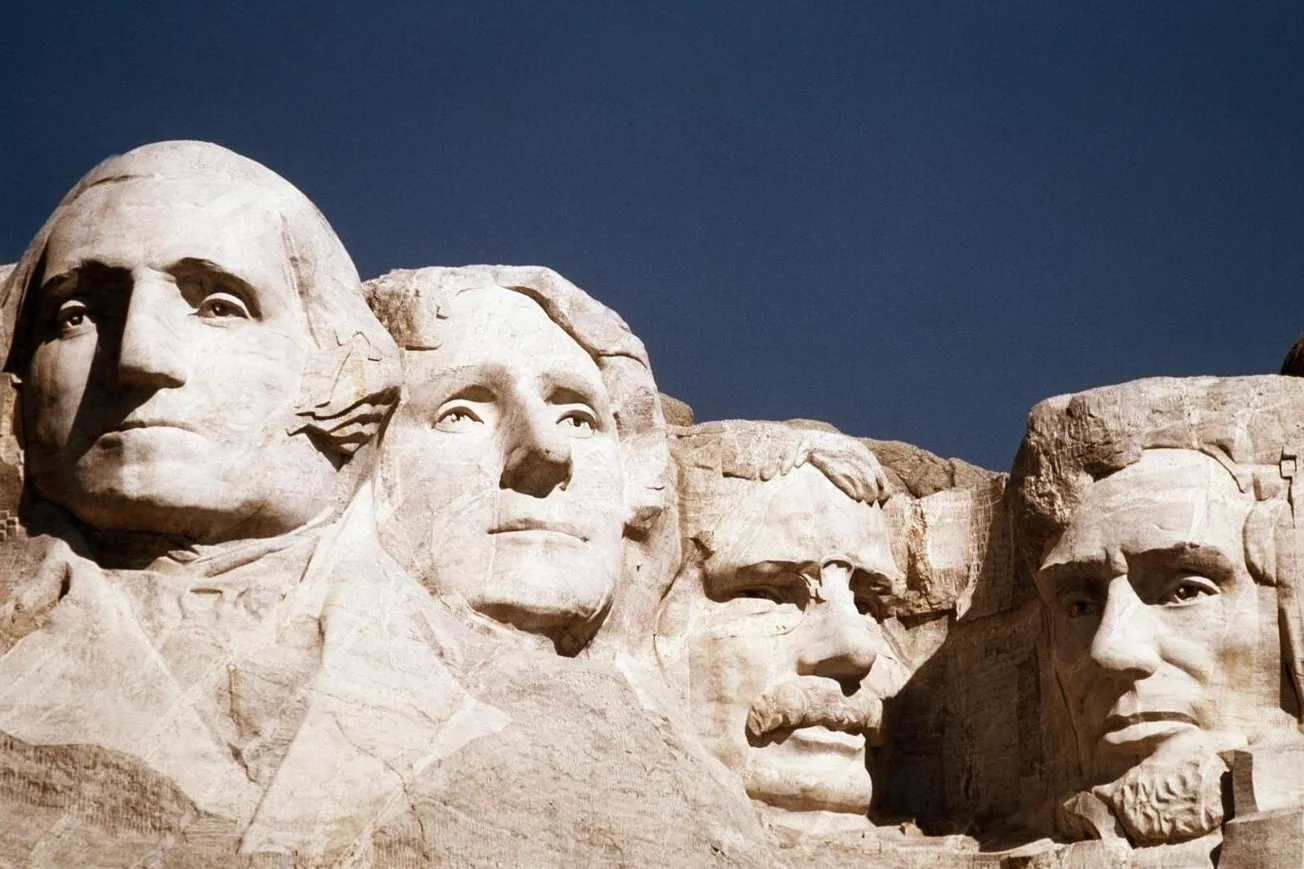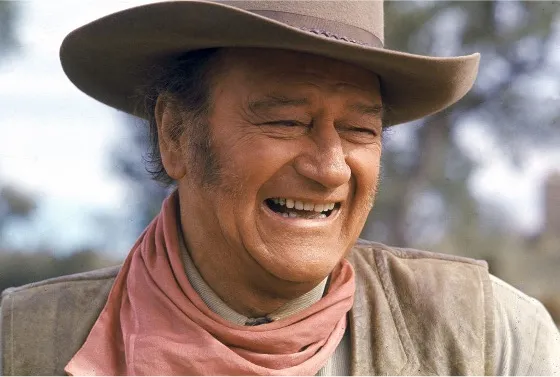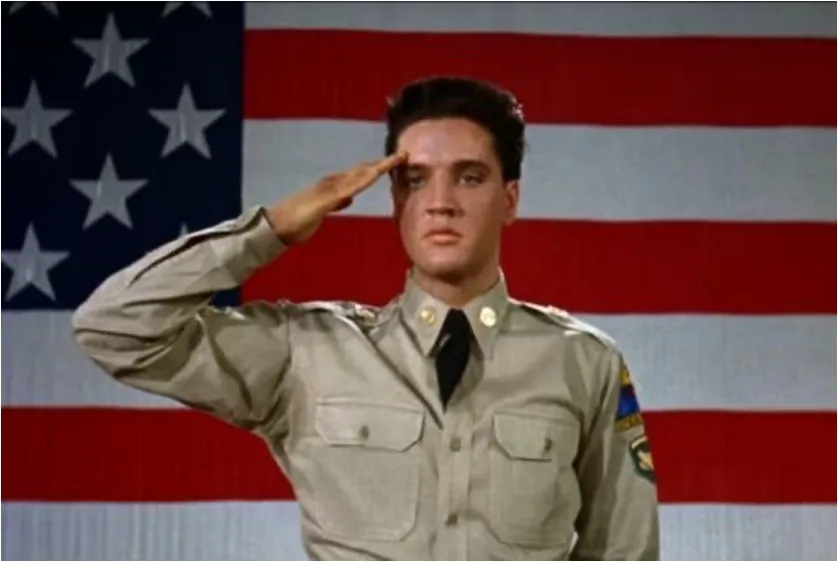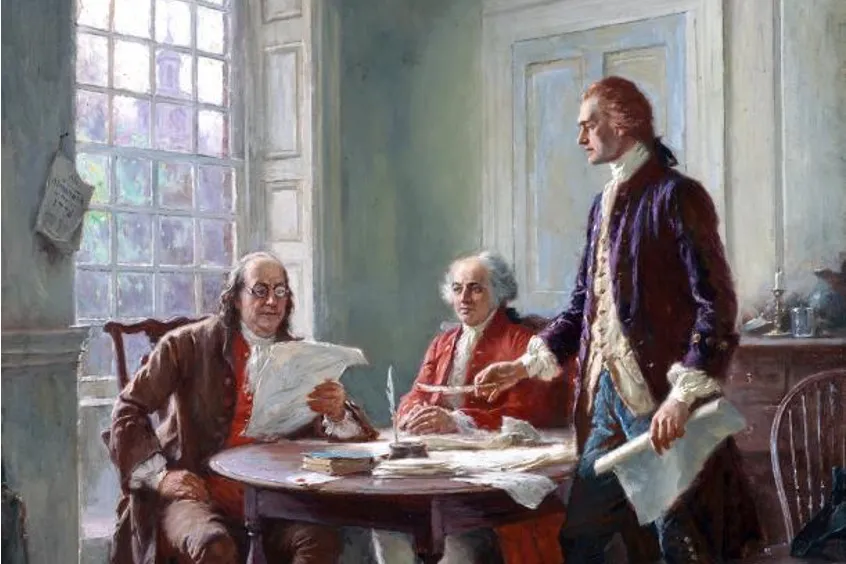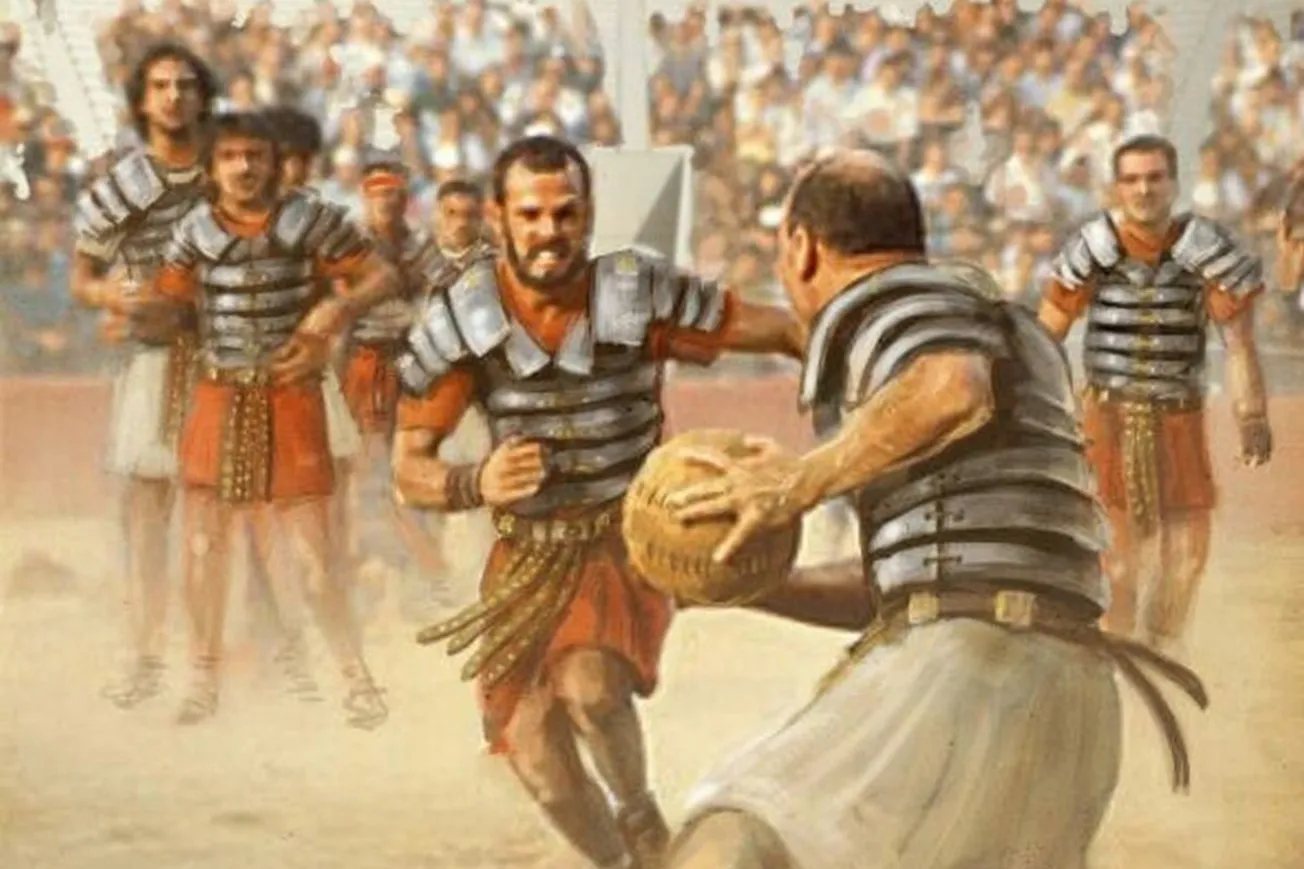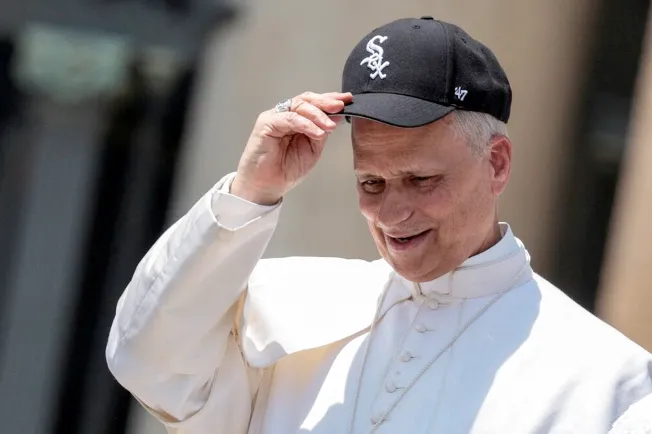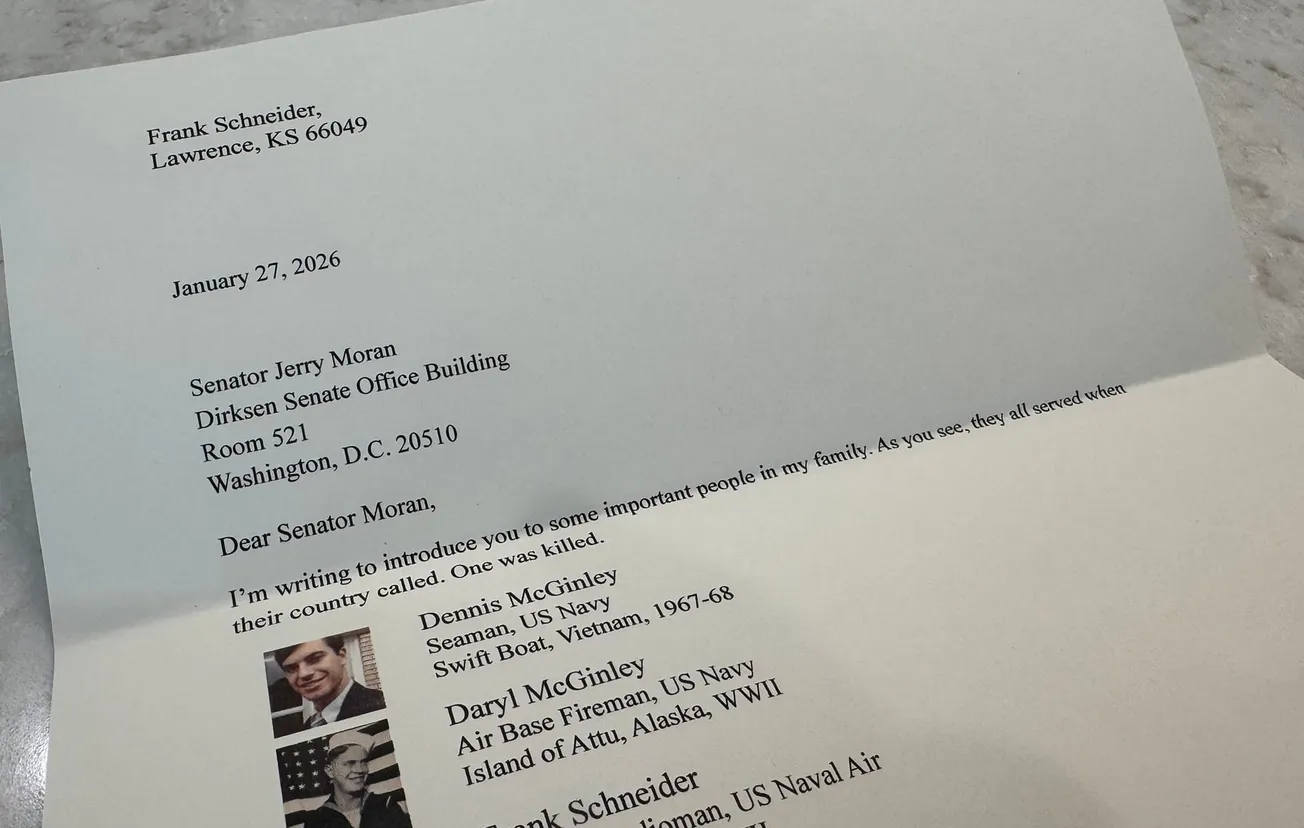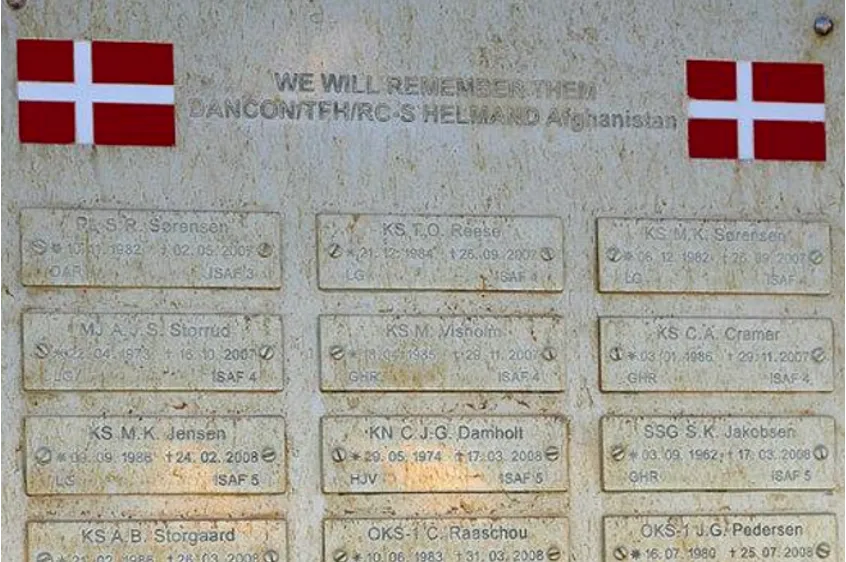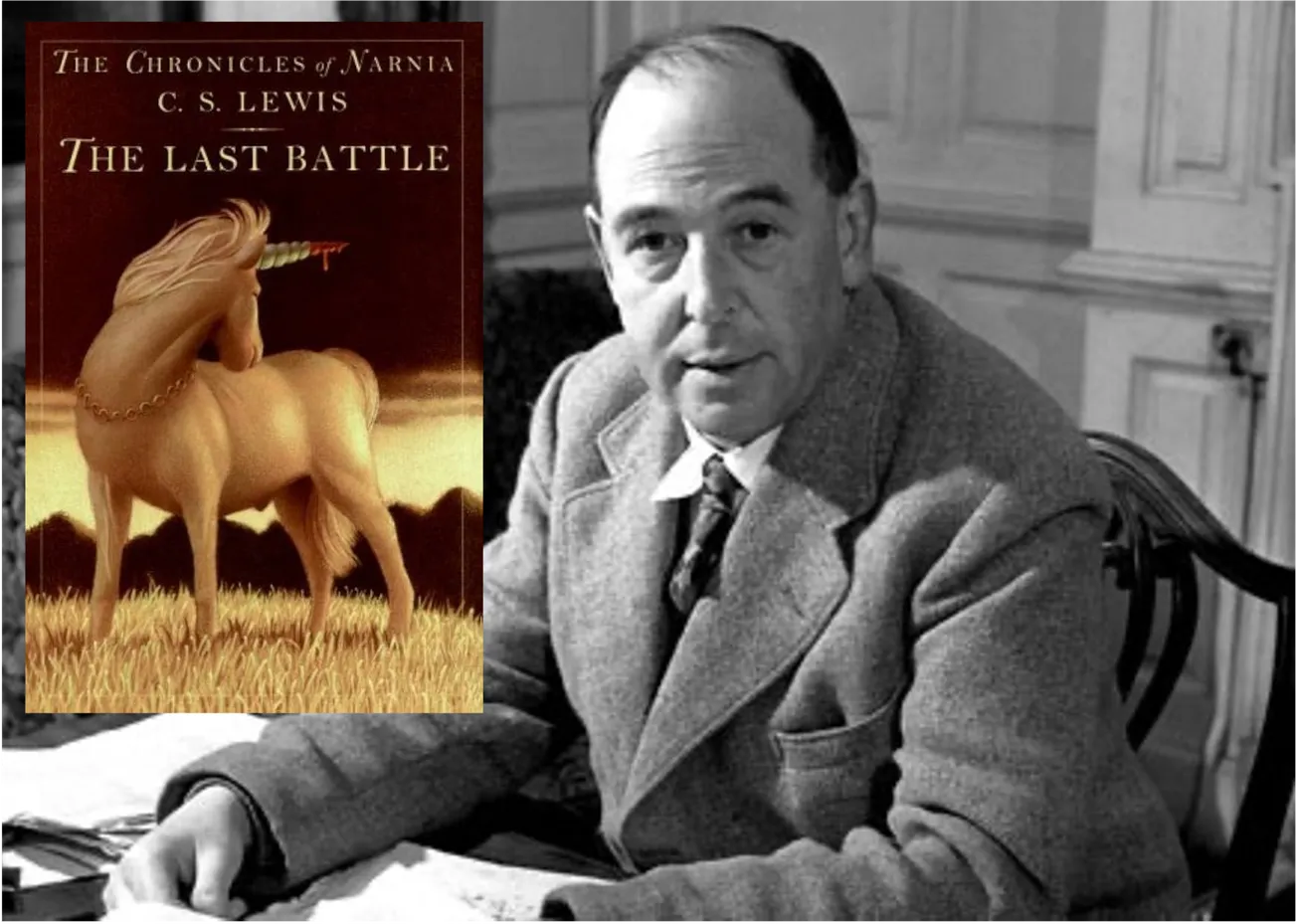Table of Contents

George Washington. The most successful mediocre General in history; a wannabe farmer; reluctant to take power; used it judiciously when he had it; showed us what to do with it when he willingly gave it up; the "indispensable man."

John Adams. Acknowledging his own limitations as “obnoxious, suspected, and unpopular,” he was nevertheless a persistent and persuasive advocate for independence at the Continental Congress. As a diplomat secured loans essential to funding the revolution. Stepped on his own toes as a one-term President, but still, along with Franklin, deserves a Jefferson-scale monument in Washington.

Thomas Jefferson. Renaissance man. Writing his own epitaph, he said, “Author of the Declaration of American Independence, of the Statute of Virginia for Religious Freedom, and Father of the University of Virginia.” He might also have mentioned: third President of the United States, doubled its size, and founder of the Democratic Party.

Abraham Lincoln. Self educated, successful Illinois attorney and great political strategist. Saved the United States in its darkest hour, and in the briefest of speeches redefined us for the better. Our greatest president.

Ulysses Grant. An average West Pointer, forced to resign his commission, then failed at a dozen civilian jobs. Reactivated in the Civil War, he quickly showed a genius for war. Promoted to command all Union Armies, he shared with Lincoln the key insight that the strategic objective was not to capture Richmond but to destroy the Confederate army. As President weakened by family scandal that never touched him, personally. Fought vociferously to enforce Reconstruction law, and had his view prevailed, we might have avoided Jim Crow.

Theodore Roosevelt. The most energetic President in our long history. Author of 47 books. War hero. North Dakota cattle rancher. African big game hunter. Nearly died exploring the Amazon. Best remembered as a Progressive who enacted antitrust laws that broke up monopolies in oil, transportation and other industries. Almost solely responsible for the Panama Canal. Bully!

Franklin Roosevelt. Overcame a crippling illness to achieve the highest office. Saw us through a deep, global depression, then anticipated and prepared America for its necessary involvement in World War Two. Kept Britain going despite vocal opposition from the America First crowd. Launched the Manhattan Project that would end the war with Japan and alter our world for better or worse forever. The greatest President of the 20th century.

Harry Truman. Like Grant a failure but for two things: as captain of an artillery battery in World War I, and as a singularly honest and effective politician from the Kansas City machine. As President drew a line in the sand called "Containment" that stood as American policy through seven Presidents. Through the Marshall Plan saved Europe from Communism and starvation. An extraordinary ordinary man.

Gerald Ford. If you were a precocious teenager in 1974 there was much about Ford to despise once he pardoned Nixon. But time has shown it to have been a wise decision. He was the kind of Republican President that performs best, skeptical of progress but not opposed to it. Respected his many friends across the aisle. Like Truman he never sought the office. Perhaps there's a lesson there.

Jimmy Carter. A better President than conservatives will admit. Deregulated transportation (rail, airlines, trucking); negotiated peace between Israel and Egypt that lasts to this day. Doomed by two headaches that made him look weak: the Iranian embassy takeover, and eye-popping inflation. Still, as Walter Mondale said: “We told the truth. We obeyed the law. We kept the peace.” And they did.”

George H. W. Bush. Like Ford, never considered the opposition "enemies.” Skillfully navigated the tricky collapse of the Soviet Union. Undone by his own party over breaking his convention pledge, "No new taxes," when it became clear more revenue was needed. Though it may have cost him the election, when asked later if he regretted it, he said "No. It was the right thing to do."


